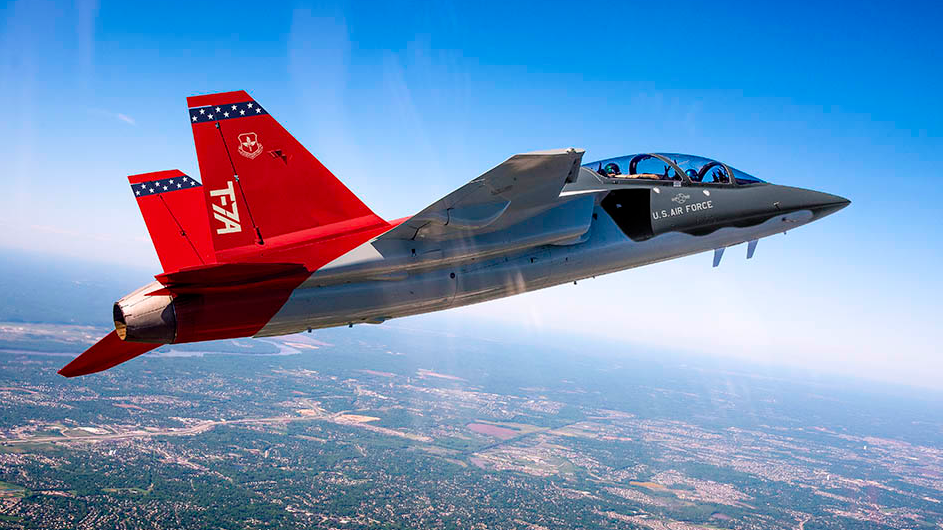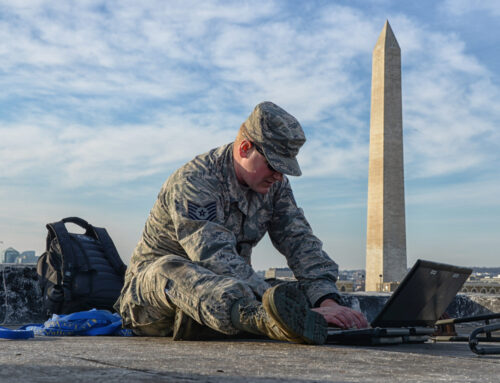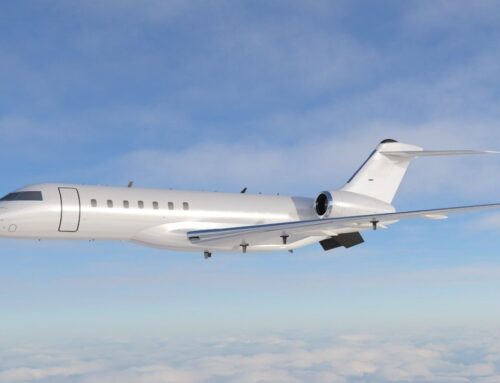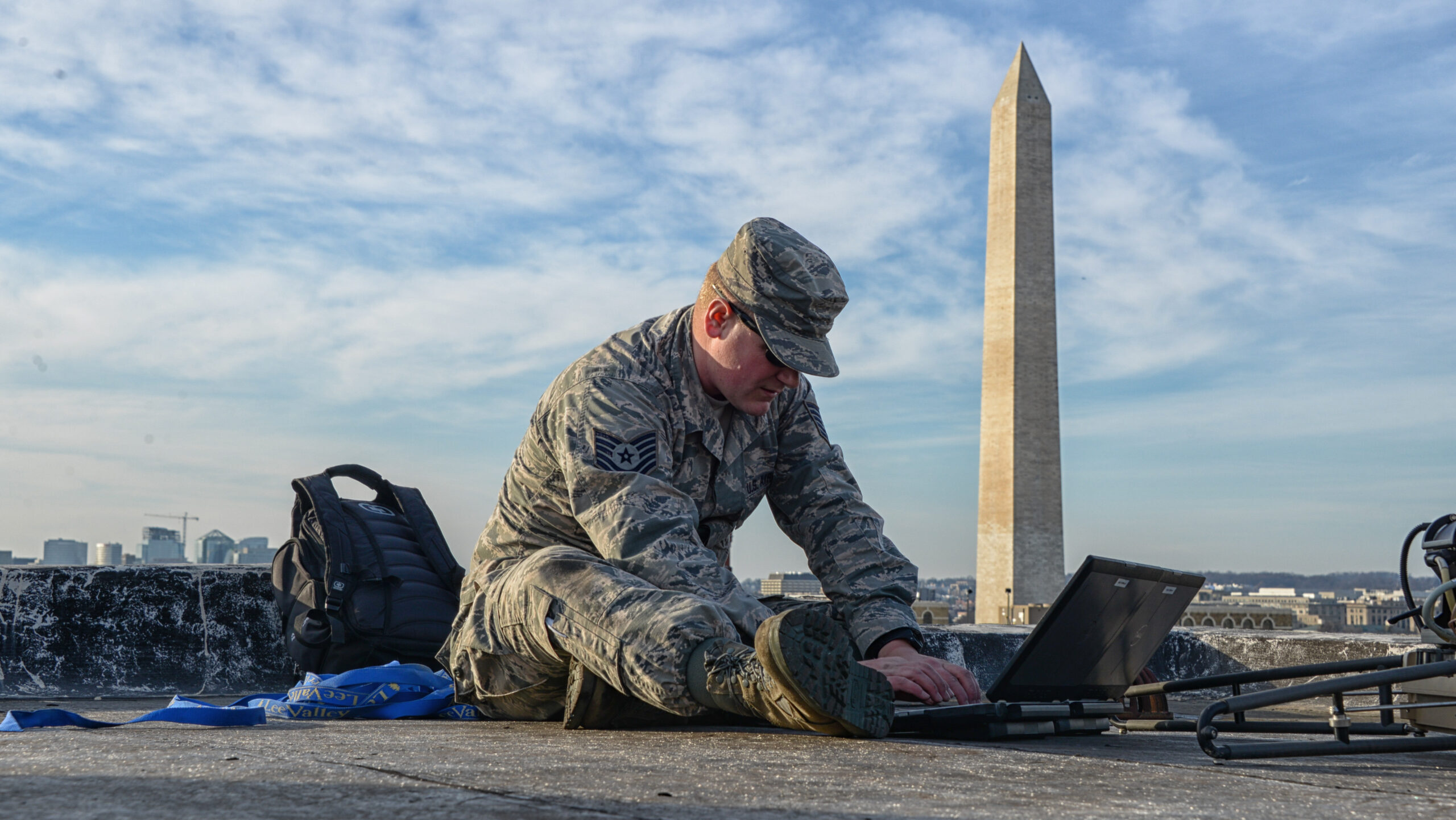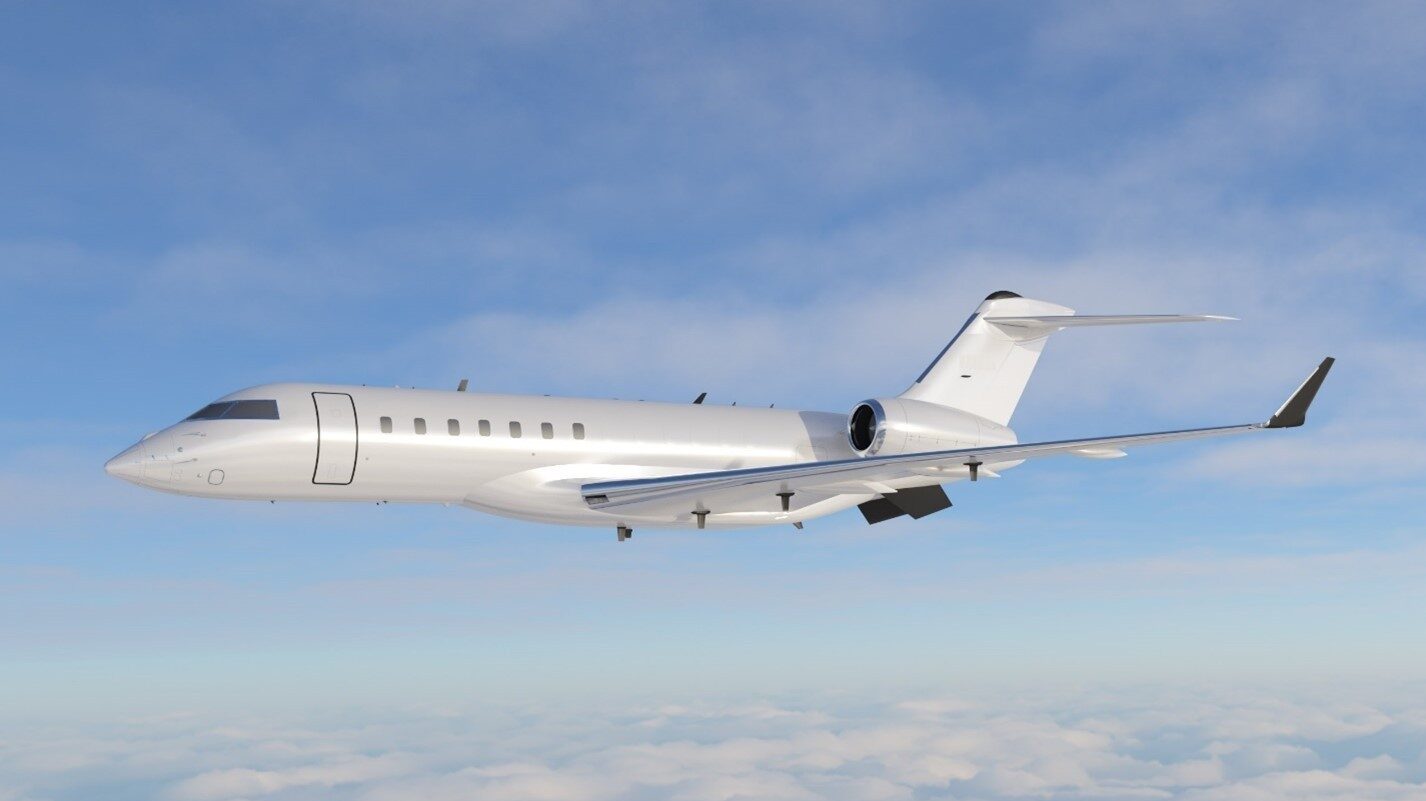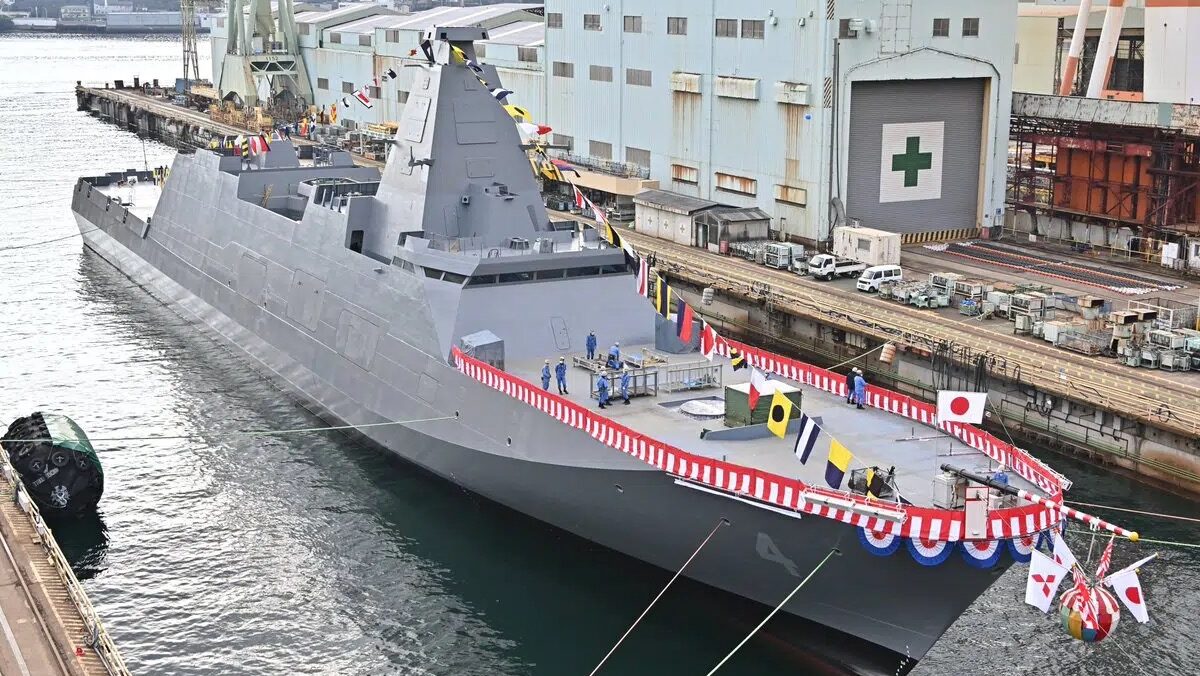The T-7A Red Hawk, which will become the Air Force’s training jet for fighter pilots. (Boeing)
BELFAST — It will take as much as two years before production woes on the Air Force T-7A Red Hawk trainer aft fuselage stop dragging down profits for Swedish sub-contractor Saab, according to the company’s CEO.
Micael Johansson told investors during a third quarter earnings call today that problems with “start-up costs and under absorption [fixed manufacturing costs]” aligned to low-rate production of the T-7 will only correct themselves “over time.”
“We are still burdened by that a bit,” he said. “During the next couple of years, I would say it will take before we get back to sort of really good numbers” in the company’s Aeronautics division.
Saab’s Aeronautics division, which also counts prized aircraft like the Gripen fighter jet and GlobalEye AEW&C platform within its portfolio, recorded quarter three sales of 3.3 billion SEK (297 million USD).
Saab is responsible for providing aft fuselages for the T-7 trainer to prime contractor Boeing, and Johansson said his company plans to deliver “many” fuselages to its American partner from a contract covering “35ish” units. The aircraft is on order by USAF to replace the service’s aging T-38 Talon.
RELATED: Saab teases future fighter demonstrator concepts, awaits direction from Sweden
In January, Saab received a $102 million order for the parts, which are produced out of the company’s West Lafayette, Ind., facility.
“Boeing have estimated there will be a couple of thousand of these aircraft out there training pilots around the world and many in the US, so we just need to get through this” low volume production phase, said Johansson. “I’m confident in the [T-7A] capability such that we have the facilities. It’s not technical problems. It’s more … stop-and-go in production that we need to get the flow going right.”
He did not identify any supply chain bottlenecks linked to the “stop-and-go” production trend, but one bump in the road came when the Air Force decided to slash its T-7 fiscal 2025 procurement from 14 to seven aircraft.
If the Air Force continues to slow roll production, both Saab and Boeing will feel the effect, especially the US planemaker as it looks to iron out development phase issues and break the cycle of costly quarterly losses. Boeing declined to comment.
Safety risks linked to T-7 flight control software and escape system flaws have previously been shared by the Government Accountability Office, though Boeing has pushed back on such criticism, arguing that company-led flight tests have opened the way for smoother aircraft development.
Elsewhere in the call Johansson said it was a “surprise” when the company’s North American arm received a formal request for information related to Brazil’s acquisition of 36 Gripen E/F fighter jets. He stressed that the manufacturer will “collaborate with the authorities and provide information as they request.” He noted that Saab had similarly cooperated with Brazilian and Swedish authorities over the matter and “no wrongdoing” was found.


